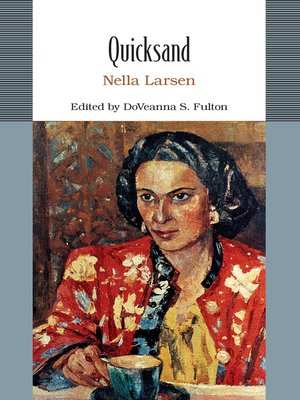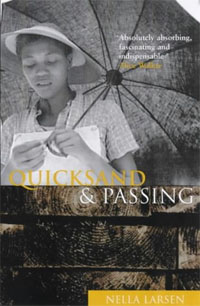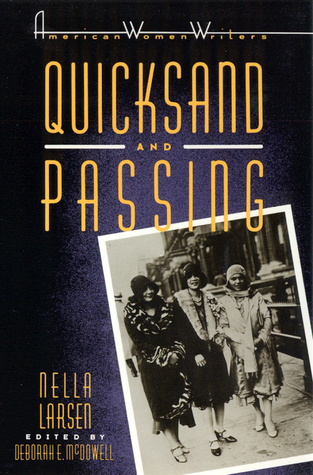

(Skin color is important to the story and is described in various ways.) Irene has an extreme want/need/desire for security, which determines all her actions, but both women are constrained by lack of choices in not only a racialized world but a man’s world. Irene is as light-skinned as Clare and is married to a darker-skinned black man who’s a doctor they have two young sons. The close third-person POV is Irene’s and, once I got to the final section, it dawned on me how close of a perspective it is and how important it is to remember that when thinking of Clare, Irene’s biracial friend from childhood who’s ‘passing’ as white. Now that I know the ending, I should reread Passing. The short novel is psychologically astute and extremely well-written, especially for a first work. Three men, only one of whom she loves, are unsuitable for marriage for various reasons a fourth comes into her life at a vulnerable period. All options open to her become successively disappointing, and depressing after her initial enthusiasm: a teacher in a school that models Anglo-Saxon values employment in Chicago with a wealthy woman who introduces her to New York and friendship with another wealthy woman who disdains romantic biracial relationships two years in Copenhagen being pampered and displayed by her mother’s sister back to Harlem where she feels both more comfortable and uncomfortable then to the South for the arguably abrupt denouement. Though she has some financial help along her way, she needs to work. Helga Crane is a biracial young woman in the 1920s. As noted in the editor's comprehensive introduction, Larsen takes the theme of psychic dualism, so popular in Harlem Renaissance fiction, to a higher and more complex level, displaying a sophisticated understanding and penetrating analysis of black female psychology. The novels' greatest appeal and achievement, however, is not sociological, but psychological.


Nella Larsen's novels Quicksand (1928) and Passing (1929) document the historical realities of Harlem in the 1920s and shed a bright light on the social world of the black bourgeoisie. "A tantalizing mix of moral fable and sensuous colorful narrative, exploring female sexuality and racial solidarity."- Women's Studies International Forum Quicksand and Passing are slender novels with huge themes." - Sarah Waters "Larsen's heroines are complex, restless, figures, whose hungers and frustrations will haunt every sensitive reader.

"A hugely influential and insighful writer." - The New York Times One can enjoy it with delight and share it without guilt." -Maya Angelou "Discovering Nella Larsen is like finding lost money with no name on it. They open up a whole world of experience and struggle that seemed to me, when I first read them years ago, absolutely absorbing, fascinating, and indispensable."-Alice Walker " Quicksand and Passing are novels I will never forget.


 0 kommentar(er)
0 kommentar(er)
